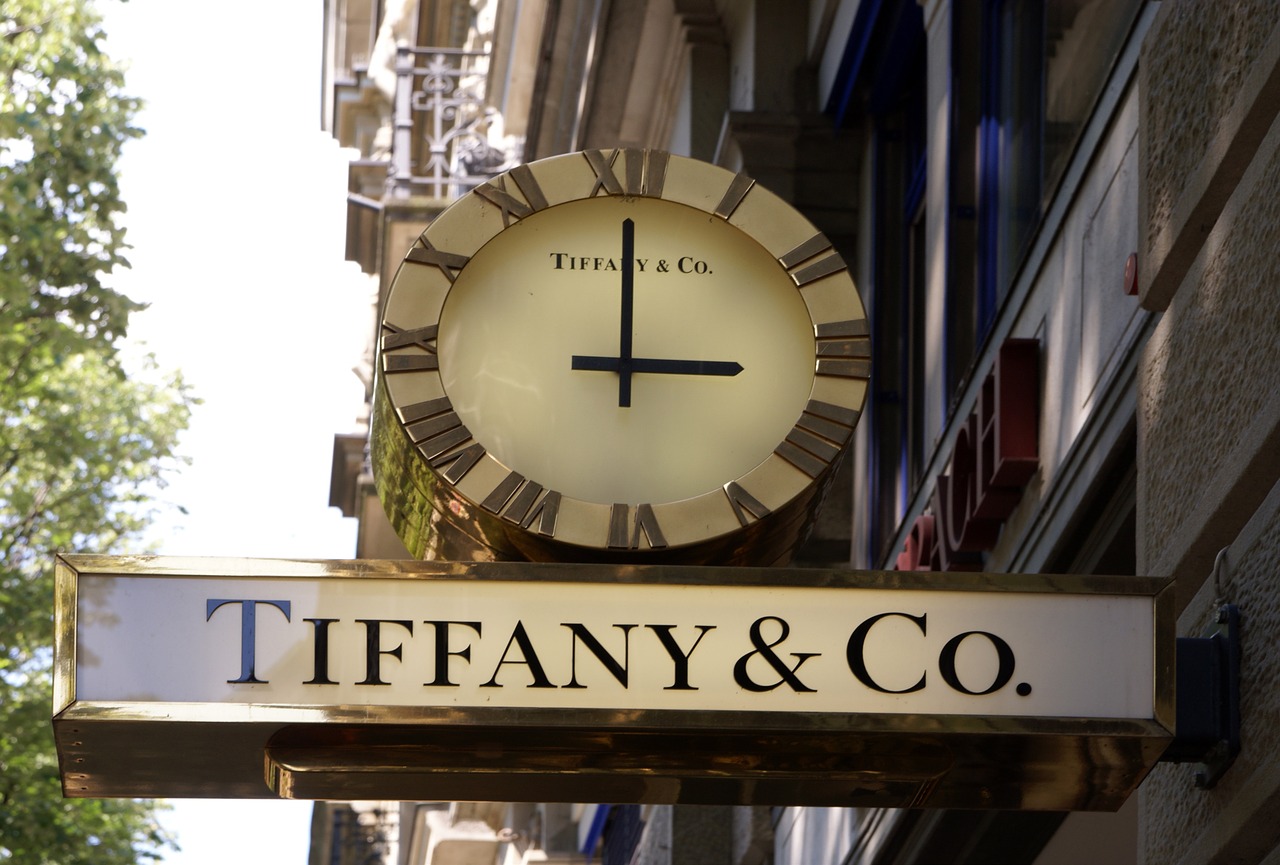
Luxury goods company LVMH has announced that it would not push through with its planned acquisition of Tiffany & Co. due to the threat of US tariffs on French products.
According to French conglomerate LVMH, it would "not be able to complete" its $16.2 billion deal to acquire US-based jewelry firm Tiffany & Co. due to "a succession of events which undermine the acquisition."
The luxury goods giant recently received a letter from the French government asking the company to defer its takeover of Tiffany in response to the US threat of taxes on French products.
In July, the US government announced plans to impose tariffs of 25% on French products, including makeup and handbags, as part of a dispute over France's latest tax on tech companies.
The US has decided to delay the said tariffs until January 6, 2021 and as a result, LVMH says the French government had "directed" it to delay the acquisition beyond that date.
$16 billion Tiffany deal
In November last year, LVMH said it will acquire jeweler Tiffany for $135 per share, valuing Tiffany at about $16.2 billion.
Michael Hewson, chief market analyst at CMC Markets UK, pointed out: "LVMH’s attempt to put a $14.5 billion ring on Tiffany, having already added Bulgari a couple of years ago is likely to take the fight in this sector to its closest rival Richemont, who owns Cartier, and would help LVMH in gaining better access to US markets."
The said deal is one of the largest in the history of the luxury sector and in the career of LVMH chief executive officer (CEO) Bernard Arnault, Europe’s richest man.
Tiffany chairman Roger N. Farah pointed out that the deal would give the jeweler “an exciting path forward with a group that appreciates and will invest in Tiffany’s unique assets and strong human capital.”
On the other hand, the acquisition was supposed to boost the jewelry and watch lineup of LVMH, which currently owns legacy brands such as Hublot and TAG Heuer, as well as increase its presence in the US, which accounts to around 25% of its revenue.
Abandoning the deal
LVMH chief financial officer (CFO) Jean Jacques Guiony said LVMH "had no other choice" but to follow the French government's request. "It's a governmental order," he added.
In response to LVMH's decision, Tiffany said the French government's request had no legal grounds and that it has filed a lawsuit in Delaware to force the luxury goods firm to complete the deal.
Farah said: "We regret having to take this action but LVMH has left us no choice but to commence litigation to protect our company and our shareholders."
Following the announcement, Tiffany shares fell by almost 10% in New York while LVMH shares declined by about 1% in Paris before recovering.
The LVMH decision comes after months of speculations that it was looking to renegotiate the deal or a way out due to the plunge in luxury sales due to the coronavirus pandemic.
Fflur Roberts, head of luxury goods research at Euromonitor International, pointed out that the acquisition would have solidified LVMH's position in the jewelery market and helped it compete with rival Swiss jewelry company Richemont.
Roberts explained: "With the acquisition of Tiffany, LVMH would have consolidated its position in the US market, and would therefore be aiming for a more balanced geographic portfolio, after concerns were raised over the reliance of the luxury conglomerate upon China, Asia and France."






